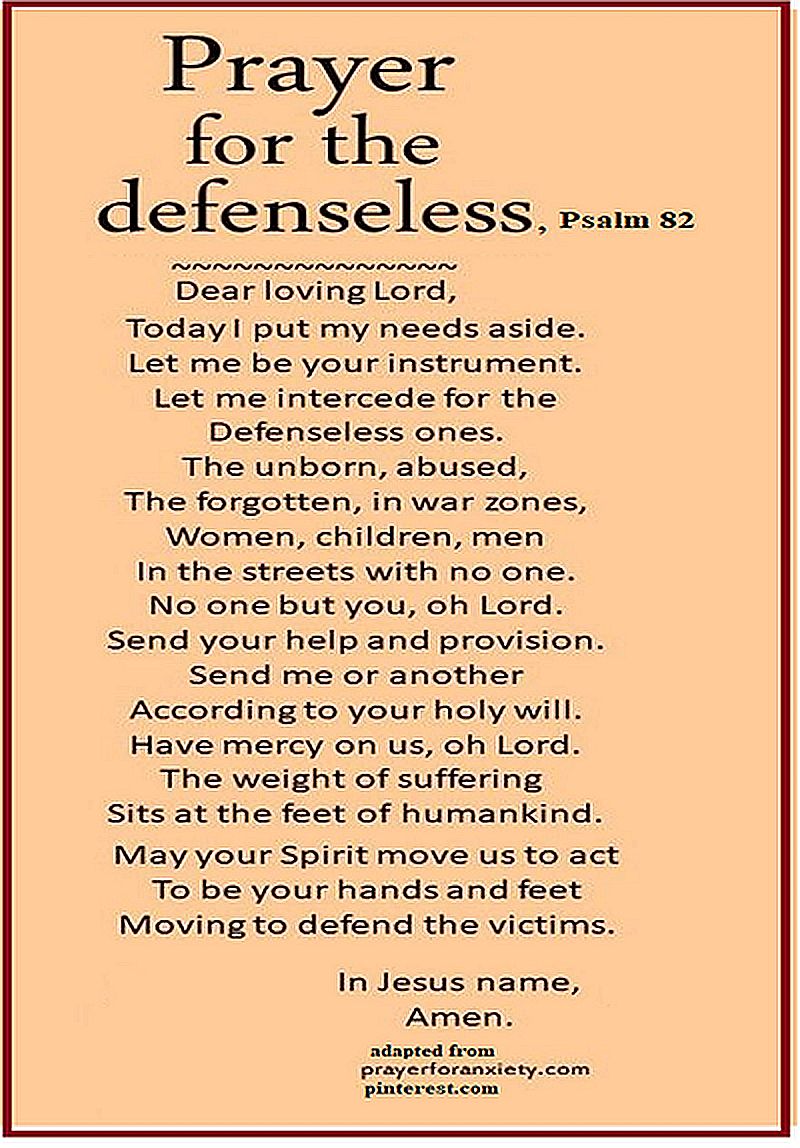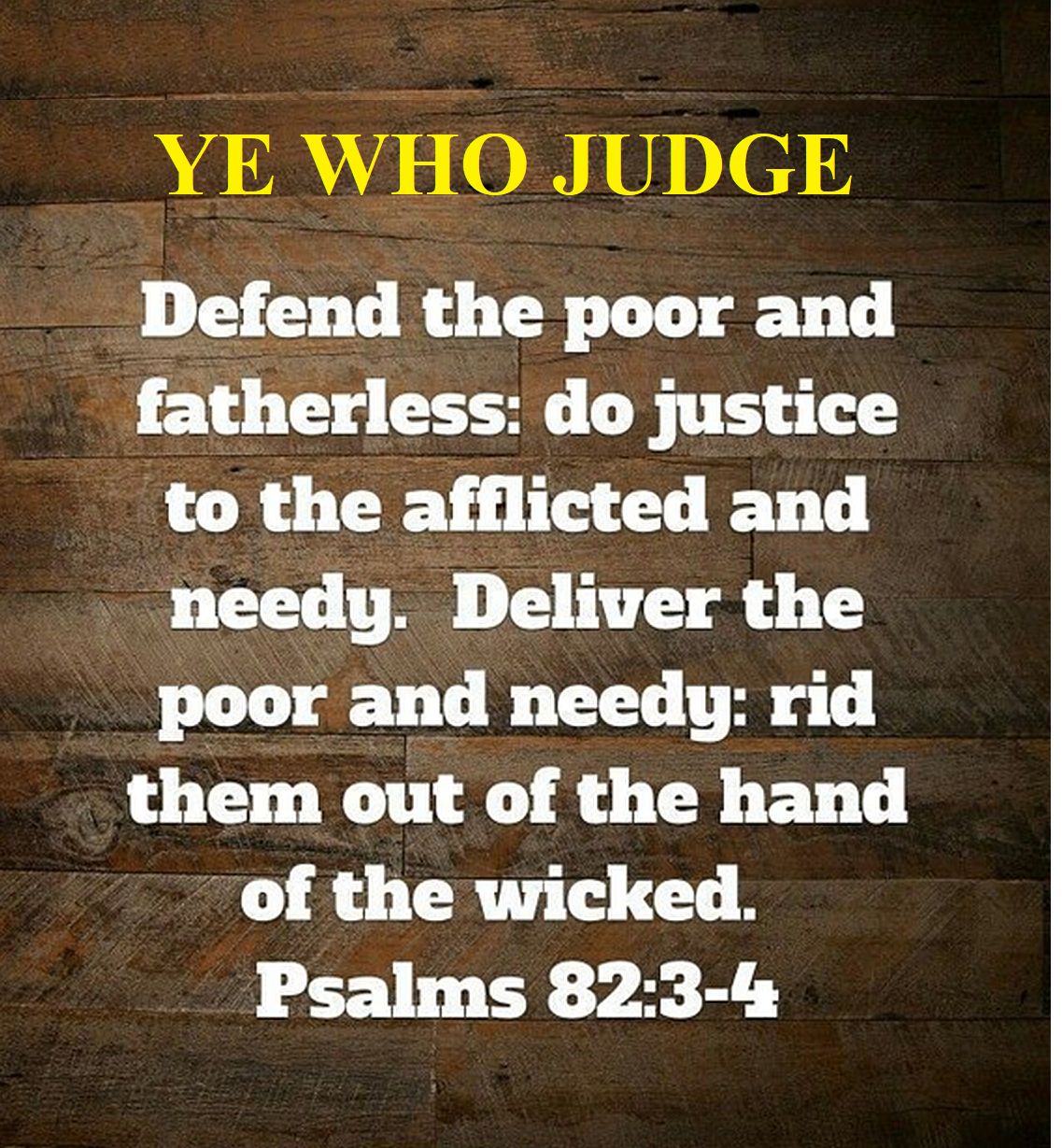FREQUENTLY ASKED QUESTIONS
FREQUENTLY ASKED QUESTIONS
OF GODS
AND JUDGES
|
Please comment on John 10:34. John 10:34, “Jesus
answered them, "Is it not written in your law, 'I said, "Ye are gods"
'? ” |


THE JOHN 10:34 PASSAGE IN CONTEXT.
AFV translation has the
following context: [the
audience wants to stone Jesus; He asked them, “For which good work that I've
done?”
John 10:33, “The Jews
answered Him, saying, "We will not stone You for a good work, but for
blasphemy, and because You, being a man, are making Yourself God."'
John 10:34, “Jesus answered them, "Is it not
written in your law, 'I said, "You are gods"'?
John 10:35, “If He called them gods, to whom the
Word of God came (and the Scriptures cannot be broken),
John 10:36, “Why do you say of Him Whom the Father
has sanctified and sent into the world, 'You are blaspheming,' because I said,
'I am the Son of God'?
The Jewish audience told Jesus they
wanted to stone Him for blasphemy because He was saying that He was the Son of God.
Jesus points out their contradiction. He quotes “their” law. The very Law they were using to condemn Him had
used “gods” for men; specifically, Jesus said that the Scripture referred to
the recipients (Jews) of the Law as “gods.” There are at least three things to
consider. (1) The word “law.” (2) The word “god.” (3) The word “judges.”
WHAT LAW (Greek, nomosG3551)? “Is it not written in your law.” In the
gospel accounts Jesus identifies the Old Testament as “the” or “your” law.[i] We
can safely say that during His earthly ministry Jesus referred to the Old
Testament Scriptures then as “The Law” [nomos]. This would refer to any part or to
all of it, i.e., the Pentateuch, the Prophets and/or the Psalms. In John 10:34 Jesus quotes the part of the
Scriptures called Psalms. Specifically,
Psalm 82. He identified it as Jewish
since He said your Law to the Jewish audience.
YE
ARE GODS. For John 10
and its Psalm quote, it is important to know what the Biblical word “god” actually meant. If
God in Psalm 82 called a congregation of men “gods,” Jesus asks, “why
are you condemning me for using it for myself?” Jesus used His works as proof of who He was. His confession should not have condemned Him.
In
modern English,
the word “god” has several meanings. Merriam-Webster
[online] defines it as (1) “the supreme or ultimate reality, (2) a being or object that
is worshipped as having supernatural powers, (3) a person or thing of supreme
value, and (4) a powerful ruler. Compare
with how we use heavenly words. We adore
the English word “angel” and use it figuratively with affection, but we do not
mean that she's actually a super being. I respect our word for the Greek Theos
God and perhaps due to its use in cursing, I want to use it respectfully and use
it only to refer to Jehovah God. But the
word is not limited to this, in English or Greek (or Hebrew).
The
Greek word for God or god was “theosG2316.” This term apparently was used for those in authority; particularly the Eternal Theos. Thayer's Greek Definitions defines it
as “deities, the trinity, His things, and whatever can in any respect be
likened to God even [human] magistrates and judges.” Strong's Hebrew and Greek Dictionary
says this Greek word was used occasionally for “a deity, especially (with a definite
article “the”) the
supreme Divinity; [but] figuratively by way of deference to magistrates;
by Hebraism very: -translated as “exceeding, God, god [-ly,
-ward], great, judges,
mighty.” The Hebrew equivalent was “elohimH430”
and according to Strong's meant “gods in the ordinary sense but
especially when used with the article, of the Supreme God”; but “occasionally
[was] applied with deference to magistrates, e.g., “great, judges,
mighty'.”
The
latter use of “gods” would have indeed been applicable to the judges in the Old
Testament. Especially would this be true
for those inspired by God (such as Deborah). But Psalms is using it for those authorized inheritors of the Seat of
Judgment. Jesus quoted the Psalm that
refers to God's authorized judges as “gods.” His use of the Psalm not only
exonerated Jesus but actually assures us that the
Psalm was using “gods” to refer to human beings. Otherwise, it would not have been relative to
the situation in John 10.
Jesus uses the OT reference to counter their
hypocrisy and deviousness. Jesus was
literally the Son of God, yet they used His confession flippantly to condemn
Him even though they were using “god” figuratively and commonly in their daily
lives.
WERE
THE GODS ANGELS? An interpretation of the mighty (gods) as being the fallen
angels of Jude is contrary to correct exegesis. First of all,
observe that Jesus was countering the Jews condemnation of His use of “god.” If Psalm 82 was actually
calling super beings “gods”, it could not defend Jesus. Jesus used the Psalm rather to prove that humans
could be addressed as gods if they were appointed by divine decree.
“YE
ARE CHILDREN OF GOD.” Also,
the use of “children of God” in the Psalm is a common term for God's creation
that were created to obey God and would not refer to anyone contrary or disobedient,
particularly fallen angels. For
example, Christians are designated as children of God. Galatians
3:26, “For ye are all the children of God by faith in Christ Jesus.” [GW1] The
children of God in the OT were the covenant children of Israel: Deuteronomy_14:1, “Ye
are the children
of
the LORD your God.” But such could
and did fall from God's grace: “And the children of Israel did evil
in the sight of
the LORD, and forgat the LORD their God, and served Baalim
and the groves” (Judges 3:7).
THE CHILDREN OF GOD in Genesis.
The “sons of God” also in Genesis 6 cannot be
fallen angels. It is reasonable to
conclude that they were the children of Seth and Enos who originally “began
to call upon the name of the Lord” (Genesis 4:26). But by the time of Noah, they (who lived as
close to 1000 years before dying) were already changing their interests from
God to the “daughters of men” (Genesis 6:4).[ii] Sin became rampant not because of any angels
but of the evil influence of the “daughters of men” (of Cain's, etc.). The word Nephilim in that context apparently is
from the Hebrew naphal which means “the fallen ones.” As a side issue, the later Nephilim
of Canaan could not have originated in Genesis 6. Those “men”
in Genesis 6 did not survive the flood. All
had become “fallen ones” and were destroyed. Only 8 souls were saved (1 Peter 3:20) from the
Flood.
WERE THE PSALM GODS
JUST HUMAN “JUDGES”? The
context of the quoted psalm. V.1, “God standeth in the congregation of the mighty (the word is gods;
plural of theos in the LXX)”; He [Jehovah God, theos] judgeth among the gods (theos).” Psalm 82:2. “How long will ye [the gods] judge unjustly, and accept the persons of the wicked?
Selah.” Whoever the gods were, they were
judging unjustly and judging in favor of the wicked. Hence, they were “mighty” (gods) in that they were judges of men. Their assignment had been (in verse 3, etc.) to “defend the poor and fatherless: to do justice to the
afflicted and needy. But they were in darkness; consequently, they would die like men,
and fall like one of the princes.” For God is the Judge of all including
the mighty ones who judge among the peoples.
ALL JUDGES ARE AUTHORIZED BY GOD. Paul says that men's governing authorities (not
dunamis, such as “power” of miracles)
are ordained of God. Our command
is to be in submission to the authorities (exousia--Strong's
definition is “concretely magistrate, superhuman, potentate,
token of control”). They judge us temporarily
as gods in the stead for the Eternal God. “For he is a servant of God to you for good. But if you are
practicing evil, have fear! For he does not wear the
sword in vain because he is a servant of God, an avenger for wrath to
the one who is practicing evil” (Romans 13:4).
RIGHTEOUS
JUDGING. The only acceptable
judgment for anyone with or without power is righteous judgment (John
7:24). This would apply to us as we judge others. We must intercede for the defenseless ones,
the unborn, the abused, the forgotten, those in war zones, family members with no one but the Lord to help. We are to be those that rescue
and not those disobedient gods who forsook righteousness by giving favor to the
corruption.
Finally, let's judge Jesus for who He is: TRULY GOD, the Son of the Eternal Father in Heaven.
[i] (1) “the law, prophets and psalms” (Luke 24:44), (2) “the law and the prophets” (Matthew 5:17; 7:12; 11:13; 22:40; Luke 16:16; and John 1:45), (3) “law of Moses” (Luke 2:22; John 1:17; 7:23), (4) “the law of the Lord” (Luke 2:23; 2:24; 2:39; 5:17), (5) “the law” (Matthew 5:18; 12:5; 22:36; ; 23:23; Luke 2:27; 10:26; 16:17; (2 times) John 7:19, 49; 8:5; 12:34), (6) “your law” (John 8:17; 10:34; 15:25; 18:31), (7) “our law” (John 7:51, 19:7 [2]). The word for “law” in these passages is always nomos (G3551) and refers to the Old Testament. This use of G3551 continues throughout the book of Acts and Epistles except for its replacement, the Law of Christ (Romans 8:2; Galatians 6:2). Be aware that the word “sue thee at the “law'” in Matthew 5:40 is not nomos but krinoG2919 which means arbitration or to decree; hence, it's referring to judgment in man's law court.
[ii] An
example of disobedient people: Genesis 11:5, “And the LORD came down to see the city and the tower,
which the children of men builded.”
